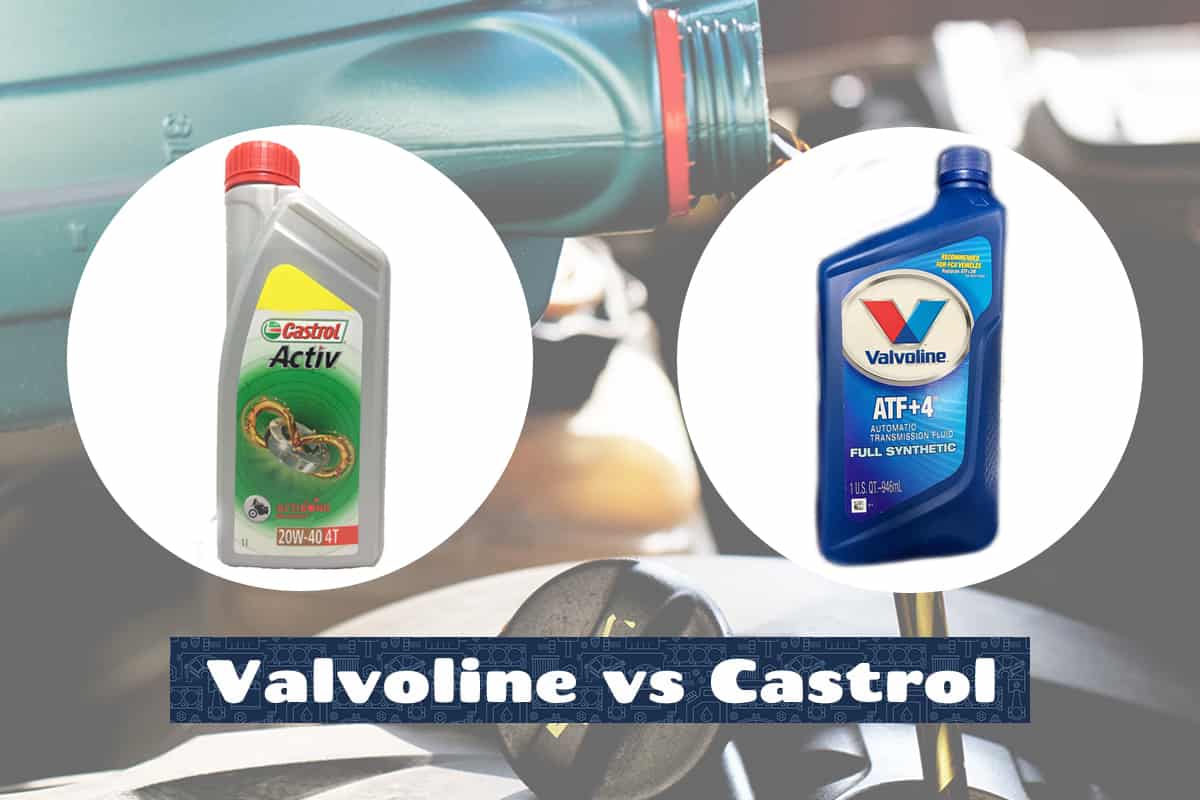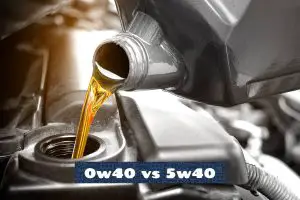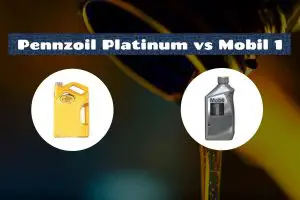Motor oil lubricates the moving parts of the engine, reduces friction, prevents overheating, with the main purpose of ensuring a smooth running of a car. With the plethora of brands available in the market, two names often pop up as front-runners: Valvoline and Castrol.
Valvoline is celebrated for its pioneering oil formulations and long-standing heritage in the automotive world. Castrol, on the other hand, is lauded for its cutting-edge lubricant technology and global presence. While both brands command respect, their unique attributes cater to varied automotive needs.
Today, we will learn more about Valvoline and Castrol by comparing their product ranges and performance metrics.
History and Background
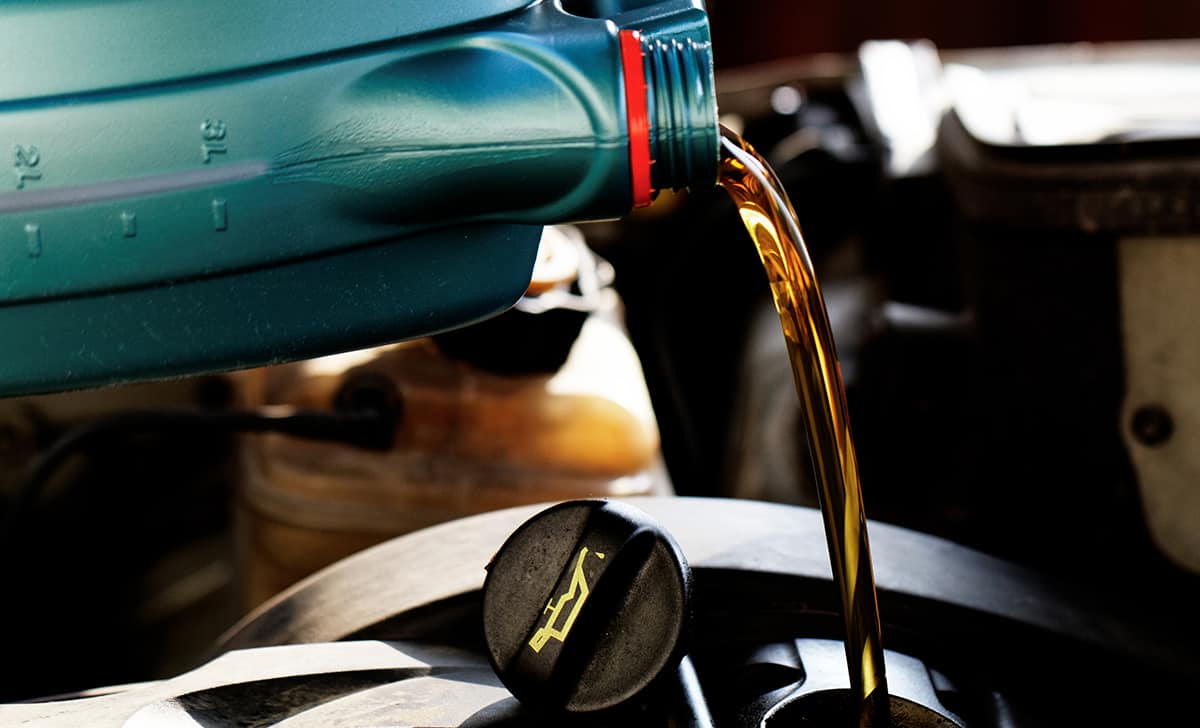
Motor oil is a testament to decades of research, innovation, and competition. Valvoline and Castrol have emerged as significant players among the numerous brands.
Valvoline: Origins and Evolution
Founded in 1866 by Dr. John Ellis, Valvol ensures pioneering endeavors in motor oil development. Ellis, originally studying the potential medicinal properties of crude oil, soon realized its potential for lubricating steam engines. This discovery led to the inception of Valvoline, making it one of the oldest motor oil brands. Over the years, Valvoline introduced a series of firsts, including the first racing oil, the first high-mileage oil, and one of the first synthetic blends.
Valvoline’s commitment to innovation was evident in its partnership with car manufacturers during the automobile’s nascent stages, establishing the brand as a trustworthy companion for engines.
Castrol: Its Journey and Legacy
Castrol’s journey commenced a bit later, in 1899, when Charles “Cheers” Wakefield set up the Wakefield Oil Company. Initially focusing on lubricants for trains and heavy machinery, Wakefield soon ventured into the burgeoning automobile industry. In 1909, the company introduced its first automotive lubricant under the name “Castrol,” inspired by the castor oil used in its formulation.
As cars evolved, so did Castrol. The brand quickly gained a reputation for producing lubricants that met the demands of even the most challenging conditions. Their dedication was exemplified in the numerous records broken using Castrol oils during the early 20th century.
Product Range and Diversity
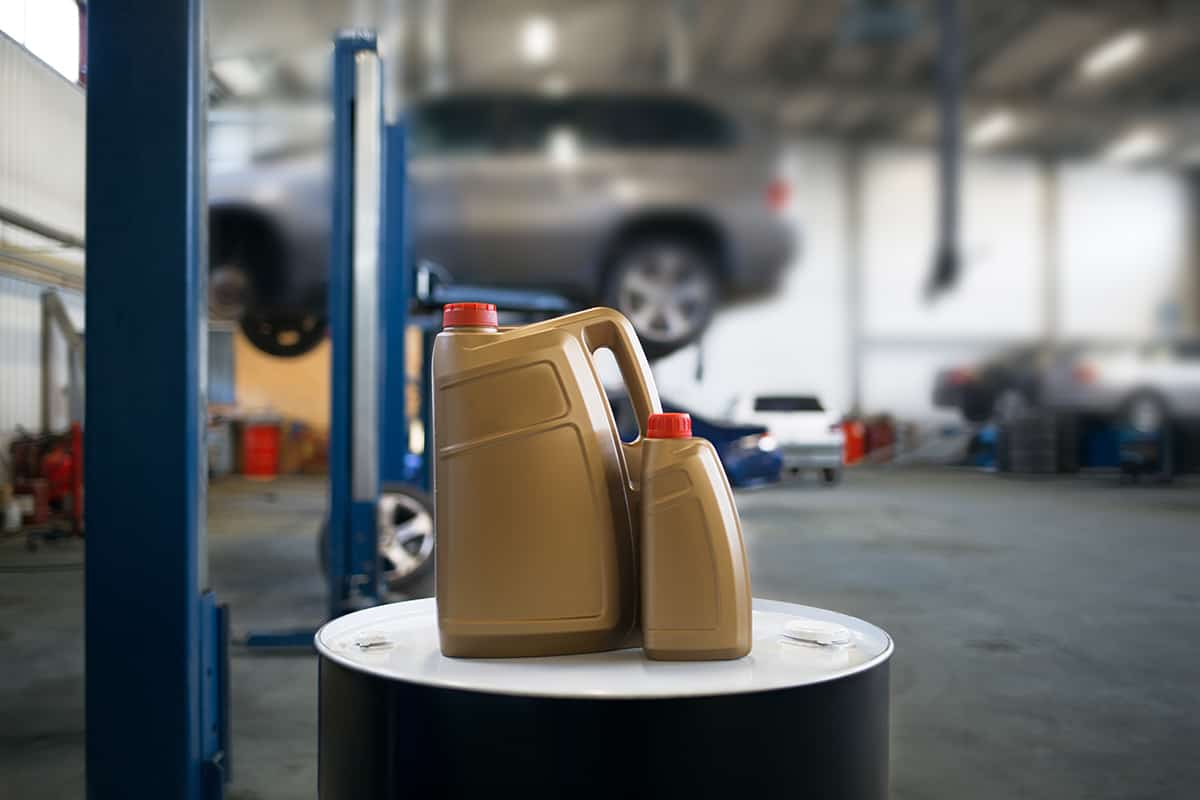
When it comes to motor oil, one size doesn’t fit all. Vehicles have diverse needs based on their make, model, age, and usage. Recognizing this, both Valvoline and Castrol offer a broad spectrum of products tailored for various automotive requirements.
Valvoline’s Spectrum of Motor Oils
- Conventional Oils: These are the traditional motor oils that have lubricated engines for decades. They’re derived directly from crude oil with minimal refining. Valvoline’s conventional oils are known for their consistency and reliability, ideal for vehicles that don’t demand advanced synthetic alternatives.
- Synthetic Oils: A product of modern chemistry, these oils are designed at the molecular level, aiming for superior performance traits. Valvoline’s synthetic oils are built for high-stress environments, offering better protection, improved fuel efficiency, and longer change intervals. They’re suitable for newer vehicles and those that operate in extreme conditions.
- High-Mileage Oils: As cars age, their engine components wear, leading to oil leaks and consumption. Valvoline’s high-mileage oils address these concerns, packed with additives that rejuvenate seals, reduce wear, and prevent leaks. They’re ideal for vehicles with a significant number of miles on the odometer.
Castrol’s Array of Offerings
- Edge Series: Castrol’s Edge series is a fully synthetic line of motor oils, boasting the brand’s Fluid Titanium Technology. This formula transforms the oil’s structure under pressure, making it stronger and reducing metal-to-metal contact in the engine. As a result, vehicles benefit from extended performance and engine life.
- GTX Series: Castrol’s GTX is a range primarily known for its sludge-fighting properties. Over time, motor oil can turn into sludge, which hampers engine performance. The GTX series, whether conventional or synthetic, targets this issue, aiming to keep engines clean and extend their lifespan.
- Magnatec Range: A standout feature of Castrol’s product line, the Magnatec range uses intelligent molecules that cling to engine parts. Even after turning off the engine, these molecules remain, offering instant protection from the moment the engine starts, reducing wear during the critical warm-up phase.
Performance and Efficiency
Performance and efficiency in motor oils are gauged by how effectively they protect and optimize engine operation. Both Valvoline and Castrol have invested in refining their products to offer optimal engine care and fuel efficiency.
How Valvoline Stands Out
- Engine Protection: Valvoline oils form a protective layer on engine components, minimizing wear from metal-on-metal contact. This proactive shield maintains engine health, even under demanding conditions.
- Temperature Resistance: Engines operate in varying temperatures. Valvoline’s oils resist thickening in cold and thinning in heat, ensuring consistent lubrication across all climates.
- Fuel Efficiency: Through reducing friction and maintaining optimal viscosity, Valvoline oils aid in better fuel combustion, leading to improved miles per gallon for many vehicles.
What Makes Castrol a Contender
- Longevity of Engine Parts: Castrol oils are engineered to provide a robust defense against corrosion and wear, supporting engine parts’ durability and longevity.
- Rapid Flow in Varying Conditions: Castrol oils are designed to flow swiftly, ensuring timely lubrication. This rapid flow capability is vital during cold starts when components are most vulnerable.
- Reduced Engine Wear: With specialized additives and high-quality base oils, Castrol products work tirelessly to limit wear, promoting smoother engine performance and longer intervals between oil changes.
Pricing and Value Proposition

Choosing motor oil goes beyond just performance; it’s also about getting the best bang for your buck. Valvoline and Castrol also offer various products catering to different budgets.
Valvoline: Cost vs. Benefits
- Affordability: Valvoline offers a range of oils, with their conventional ones being pocket-friendly for those not seeking advanced formulations. Their synthetic blends and full synthetics, while slightly higher in price, provide added benefits, making them a worthy investment.
- Bulk Options: For regular users or those with multiple vehicles, Valvoline’s larger containers and multi-pack options can lead to savings in the long run.
- Quality Assurance: While Valvoline products cover a wide price spectrum, each offers a consistent quality, giving drivers confidence in their choice, irrespective of the product’s cost.
Castrol: Is it worth the price?
- Diverse Offerings: Castrol’s product range is vast, from budget-friendly conventional oils to premium synthetic blends. This diversity allows consumers to select based on both budget and vehicle needs.
- Innovative Formulations: Some of Castrol’s oils, especially in the synthetic range, come at a premium. However, the advanced technologies, like Fluid Titanium Technology in the Edge series, justify the cost by offering enhanced engine protection and performance.
- Global Recognition: Castrol’s global presence and partnerships with leading automobile manufacturers are testament to its quality. Even if some products come with a higher price tag, the brand’s reputation adds weight to its value proposition.
Valvoline vs. Castrol Summary Chart
| Aspect | Valvoline | Castrol |
| Product Diversity | Conventional, Synthetic, High-Mileage | Edge, GTX, Magnatec |
| Unique Selling Point | Pioneering racing oil & synthetic blend | Fluid Titanium Technology & intelligent molecules |
| Price Range | Budget to mid-range | Budget to premium |
| Environmental Initiatives | Various eco-friendly solutions | Efforts towards a greener future |
| Global Presence | Strong, especially in the Americas | Dominant worldwide presence |
| Special Features | High resistance to varying temperatures | Rapid flow in cold starts & reduced wear |
FAQs
1. Can I switch between Valvoline and Castrol oils?
It’s generally safe to change brands or types of motor oil without harming your engine. However, when switching, you need to drain the old oil completely before adding the new one to prevent any potential mixture of different oil formulations.
2. What are the common issues or complaints with each brand?
For Valvoline, some users have pointed out that their conventional oils might require more frequent changes compared to their synthetic counterparts. A few have also mentioned that they notice quicker oil discoloration in high-performance scenarios.
As for Castrol, occasional feedback includes a higher price point for some of their premium products, especially in the synthetic range. Additionally, a small number of users have commented about the oil’s consistency, feeling it’s slightly thinner compared to other brands.
